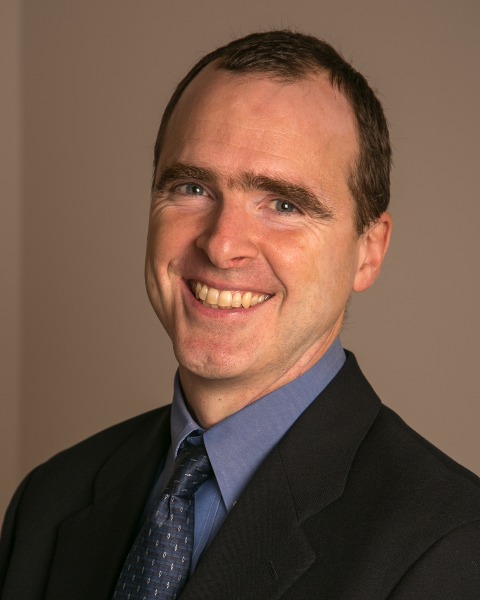Symposia
Translational
3 - (SYM 76) Distilling and Training Core Elements of Family Therapy for Adolescent Behavior Problems

Aaron Hogue, Ph.D. (he/him/his)
Vice President
Partnership to End Addiction
NYC, New York
Speaker(s)
Dr. Hogue will present a program of NIDA-funded research on core practice elements of manualized family therapy models for adolescent substance use and related behavior problems. Study 1 employed observation-based empirical distillation methods to analyze video recordings of 302 high-fidelity treatment sessions from 196 cases enrolled in one of three empirically supported treatment models. Factor analyses distilled the following four psychometrically and clinically coherent practice modules consisting of 21 treatment techniques: Relational Emphasis, Relational Reframe, Adolescent Engagement, Interactional Change. Study 2 tested these four modules for validity generalization when delivered by community therapists to 161 adolescent cases. Confirmatory factor analyses of observational data from 320 sessions replicated the original factor structure, retaining all four modules comprised of all 21 techniques. Technique-outcome analyses found that greater technique use predicted symptom improvements in one of the three sample pools. Study 3 tested a clinician training system, featuring observational coder training and fidelity feedback, to promote therapist self-report acumen and routine practice delivery of 13 core family therapy techniques for adolescent behavior problems. First, therapists practiced observational coding of mock video vignettes demonstrating the core techniques. Therapist ratings were compared to gold-standard scores to assess therapist reliability (consistency across vignettes) and accuracy (approximation to gold scores). Results showed that reliability in rating technique presence remained moderate across training; reliability in rating extensiveness of technique delivery improved sharply over time, from poor to good. Whereas therapists on average overestimated extensiveness for almost every technique, their tendency to give low-accuracy scores decreased. Therapist accuracy improved significantly over time only for Interactional Change techniques. Second, during 32 weeks of training community therapists (N = 84) submitted self-report data on family therapy technique use along with session audiotapes. Therapist self-report reliability and accuracy with their real-world cases both increased substantially during training. However, observational coders reported no increase in technique use with cases. Recommendations will be made for more intensive implementation interventions that may be needed to increase delivery of core family therapy techniques in everyday care.

